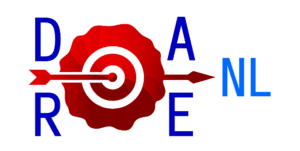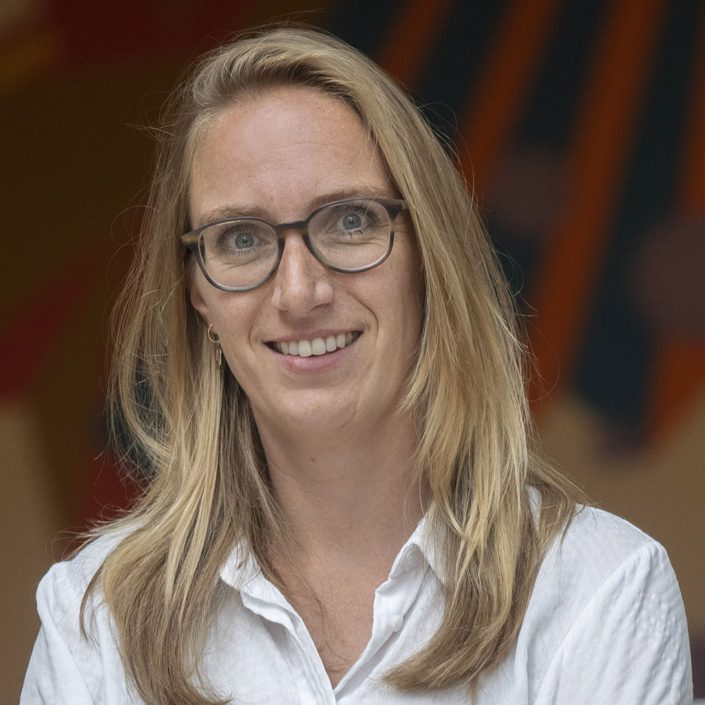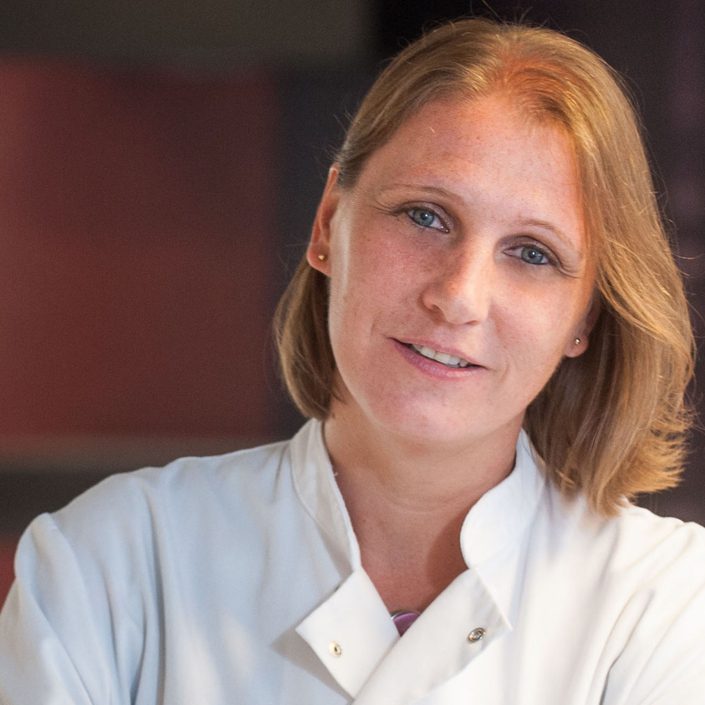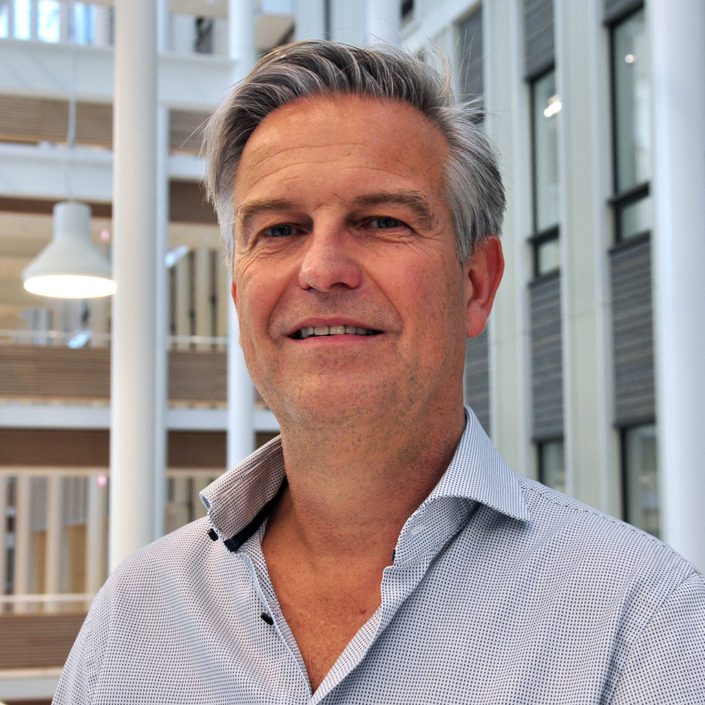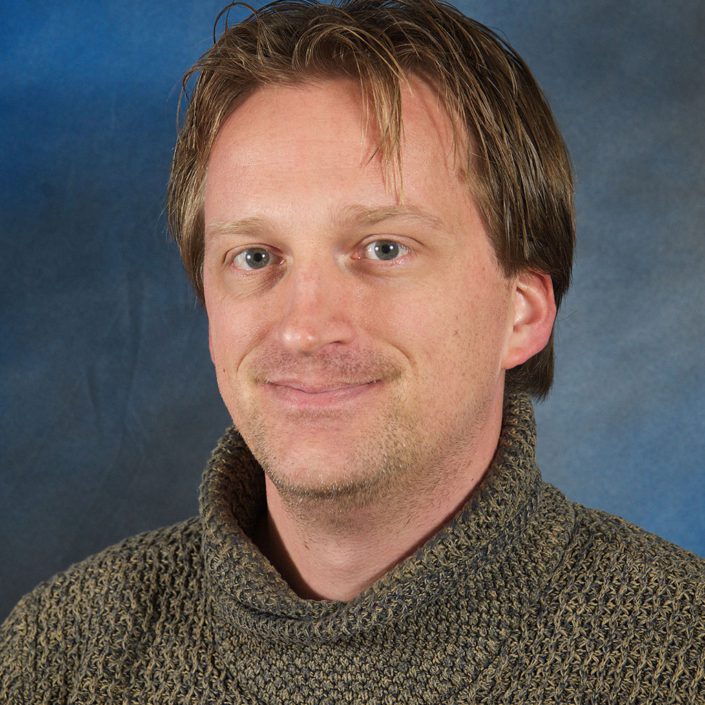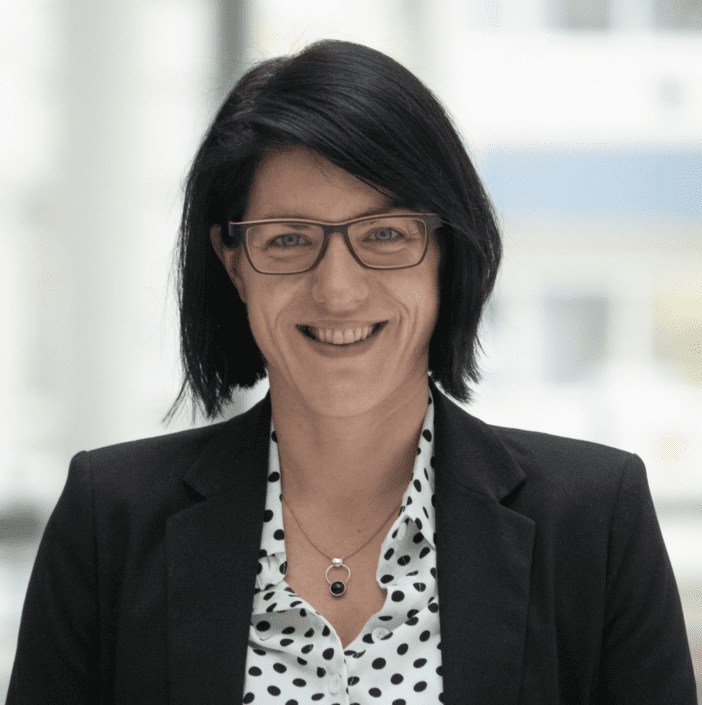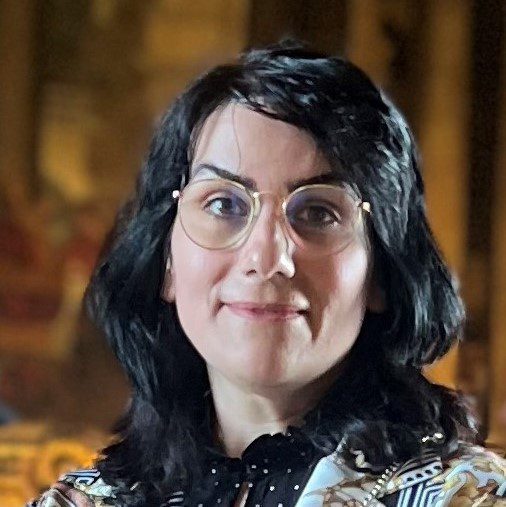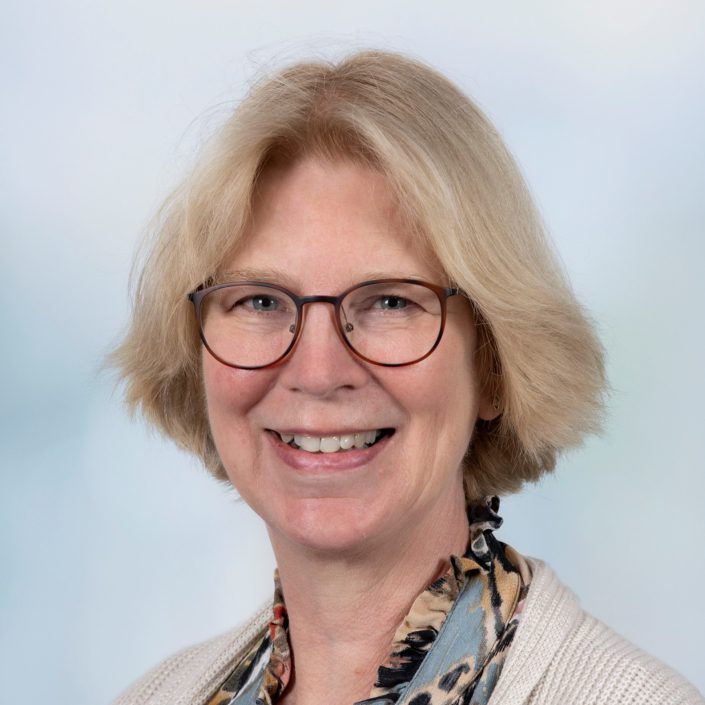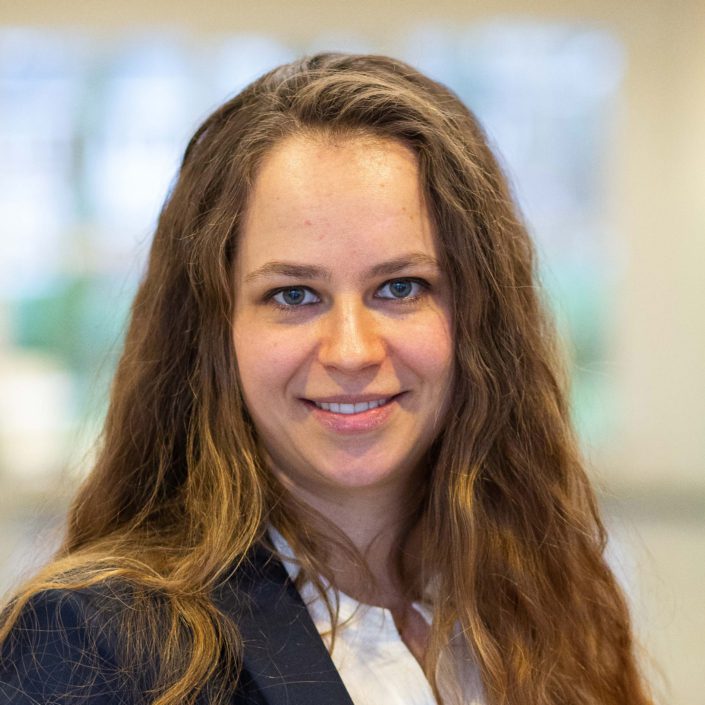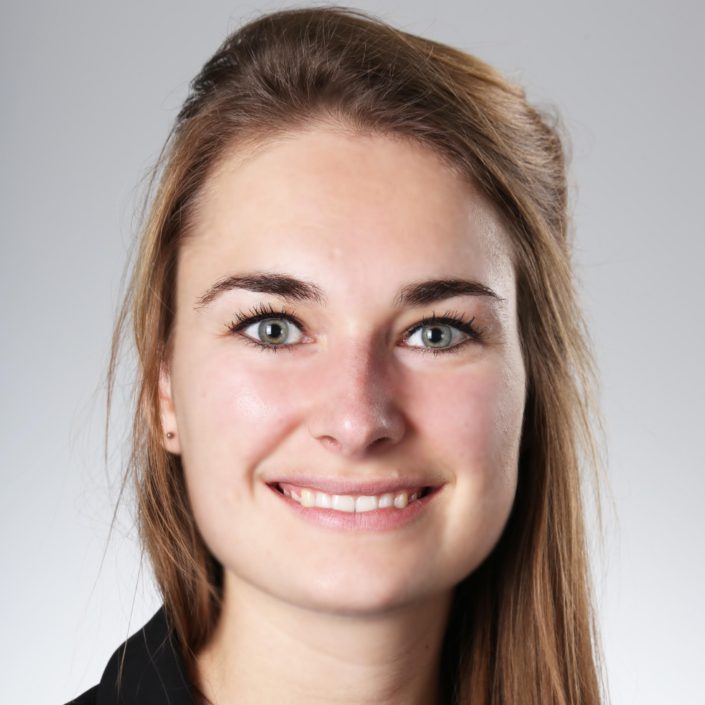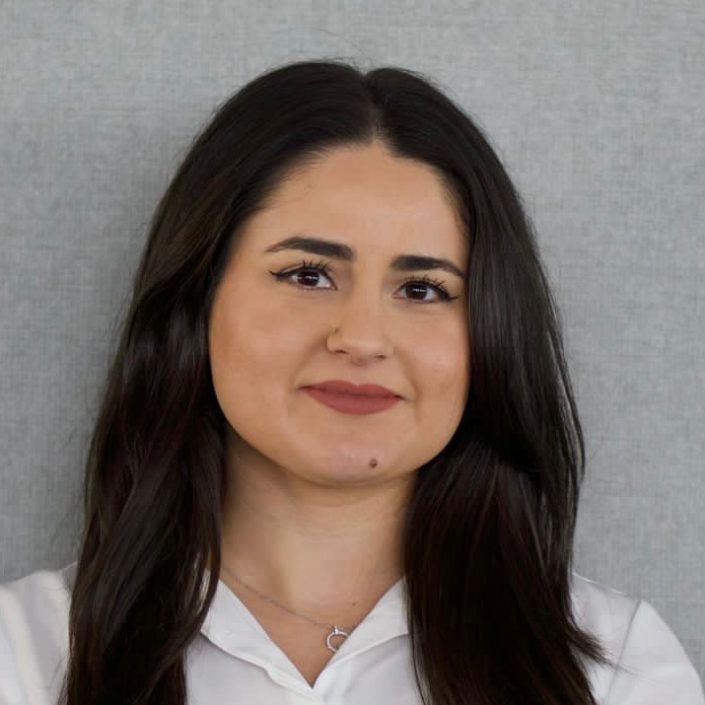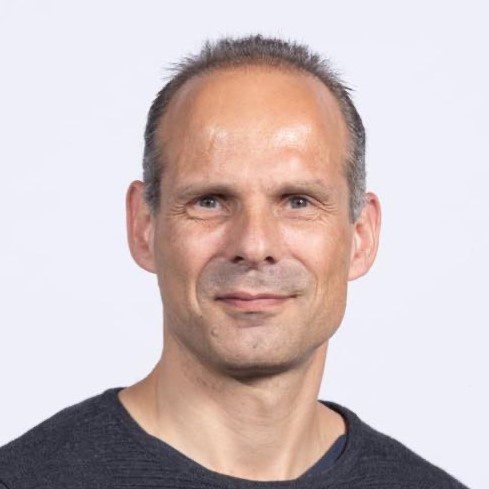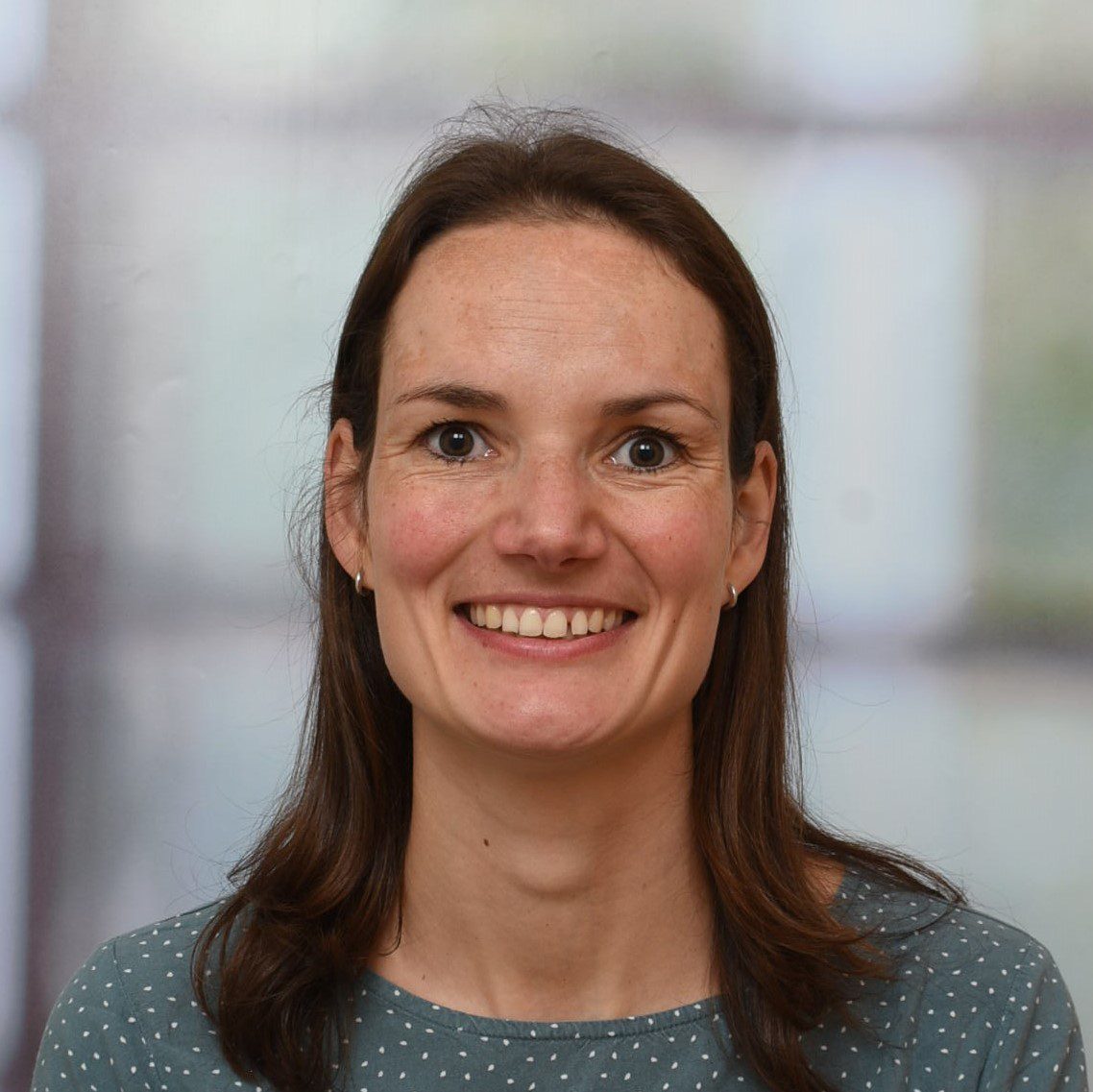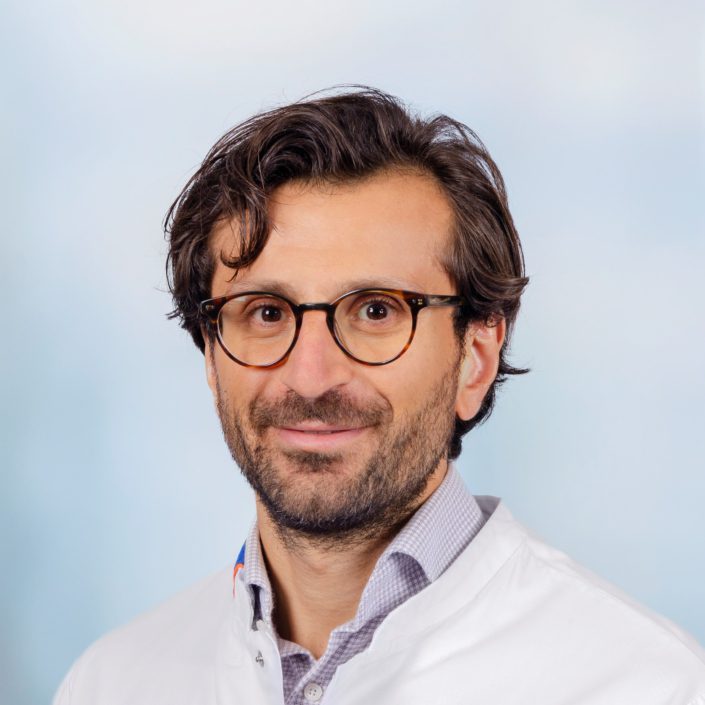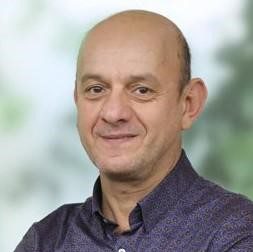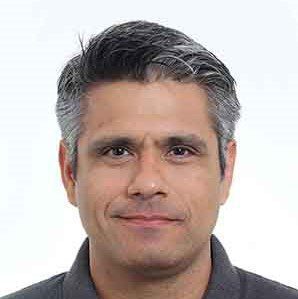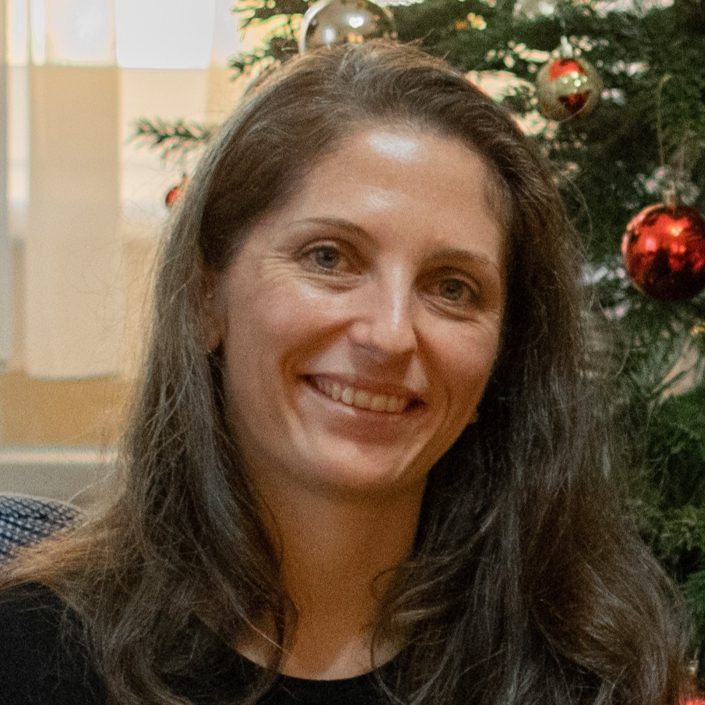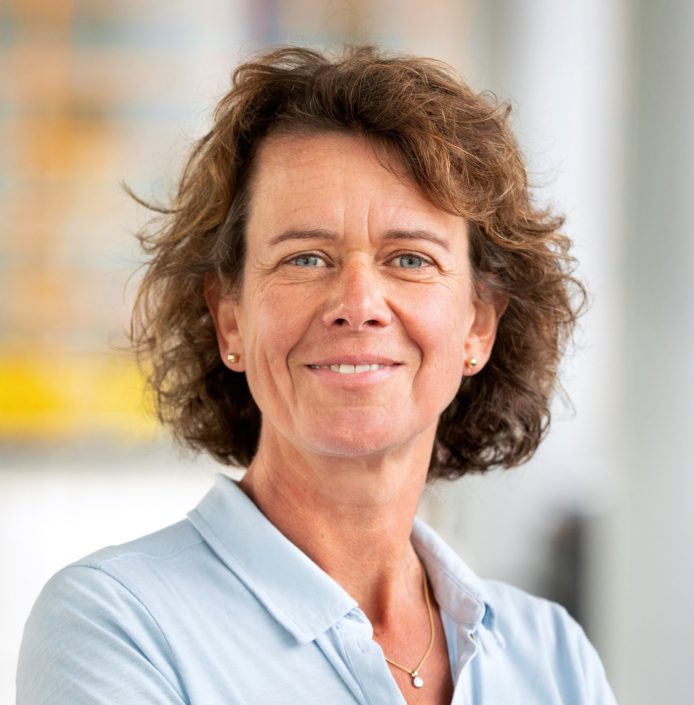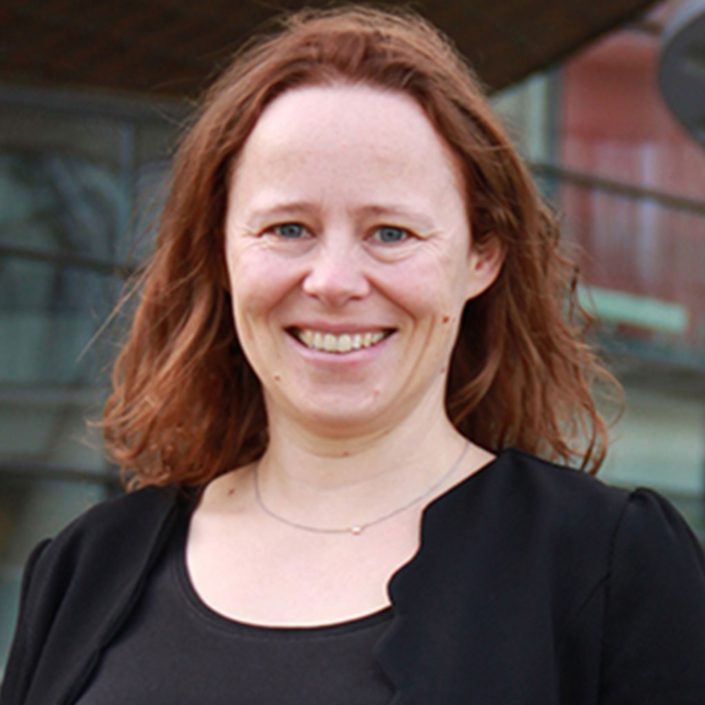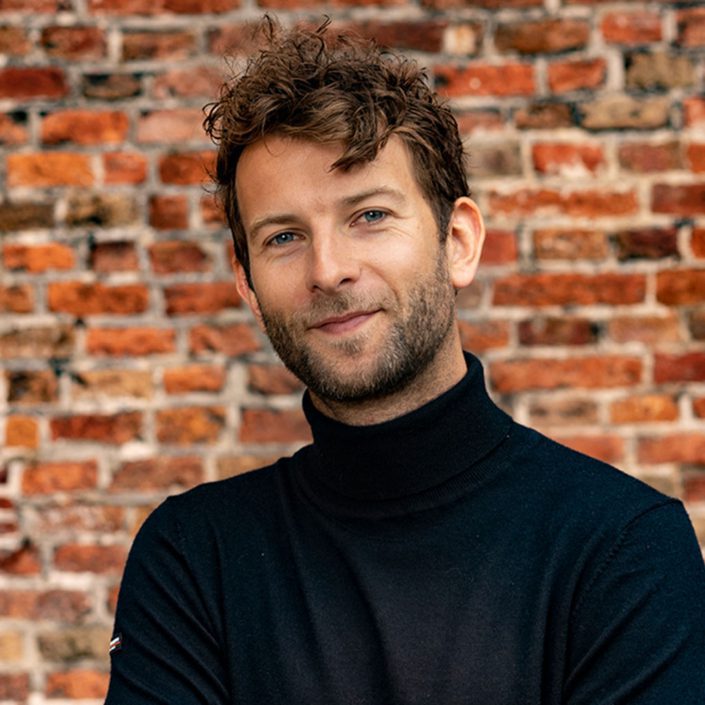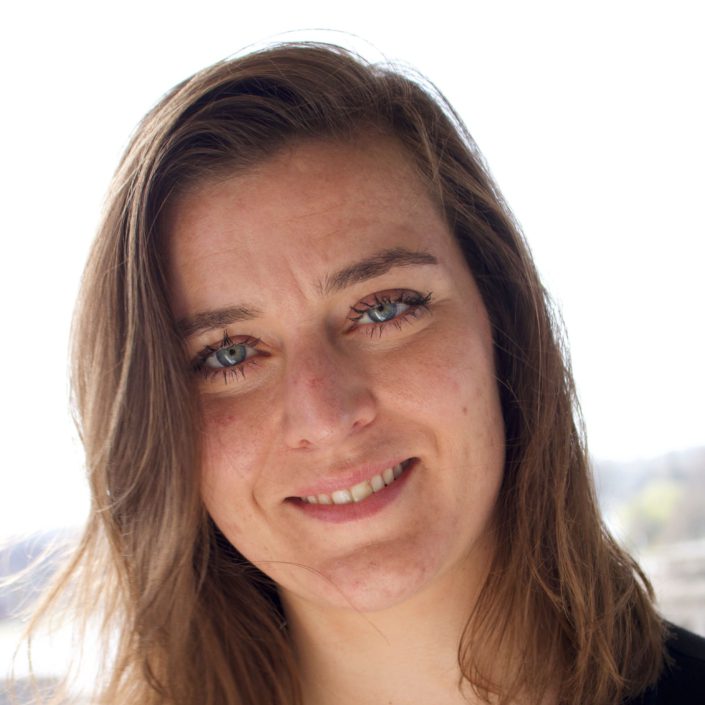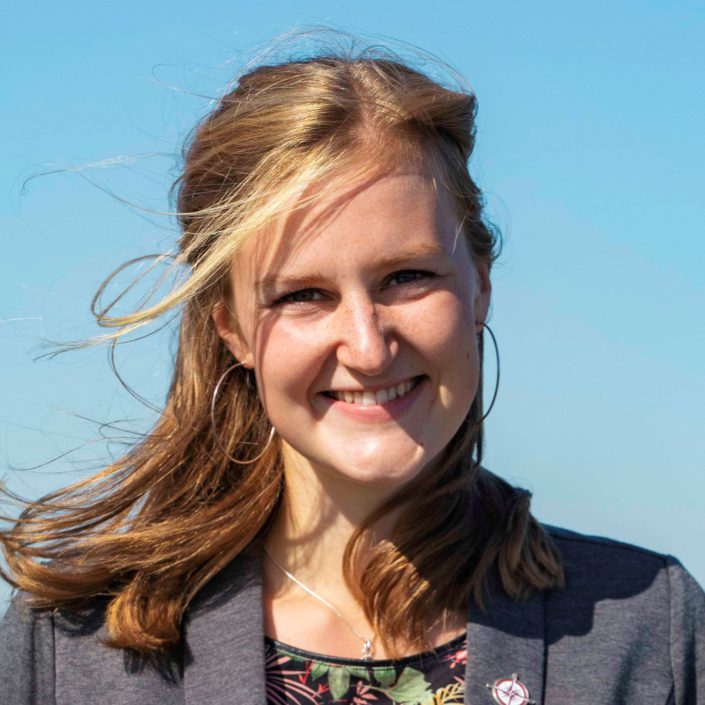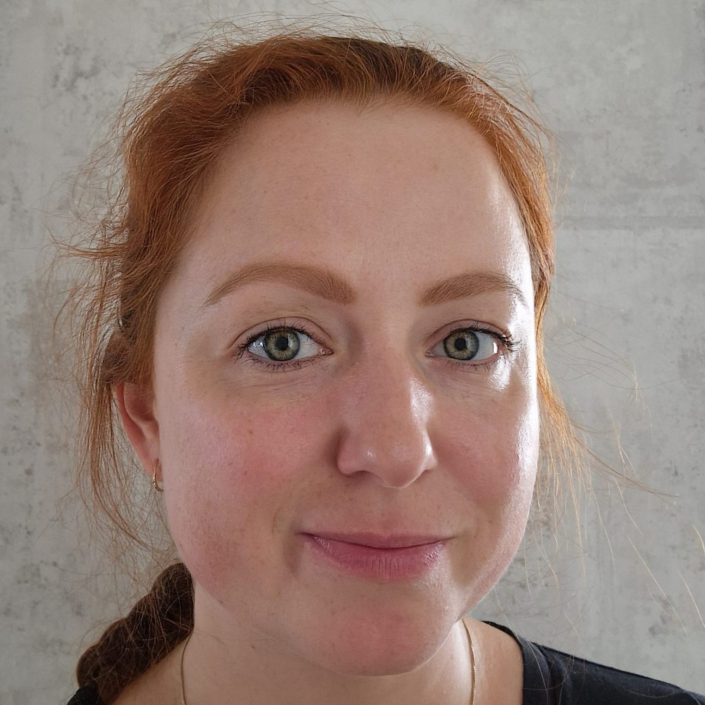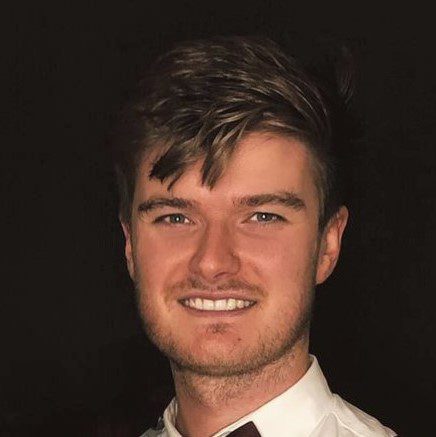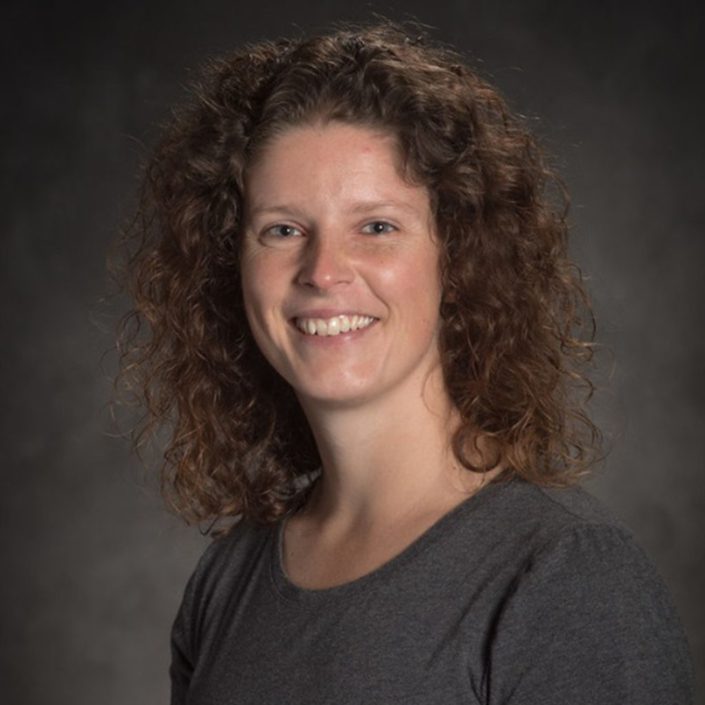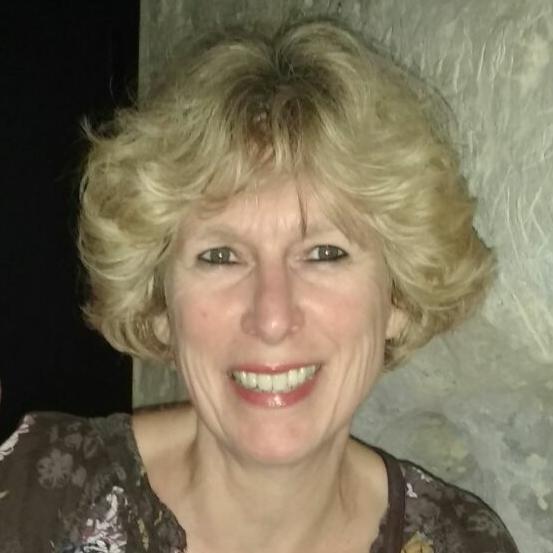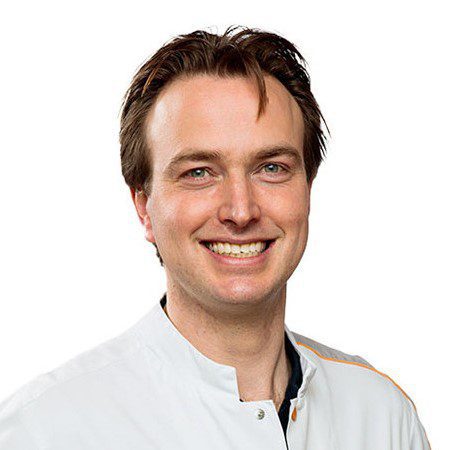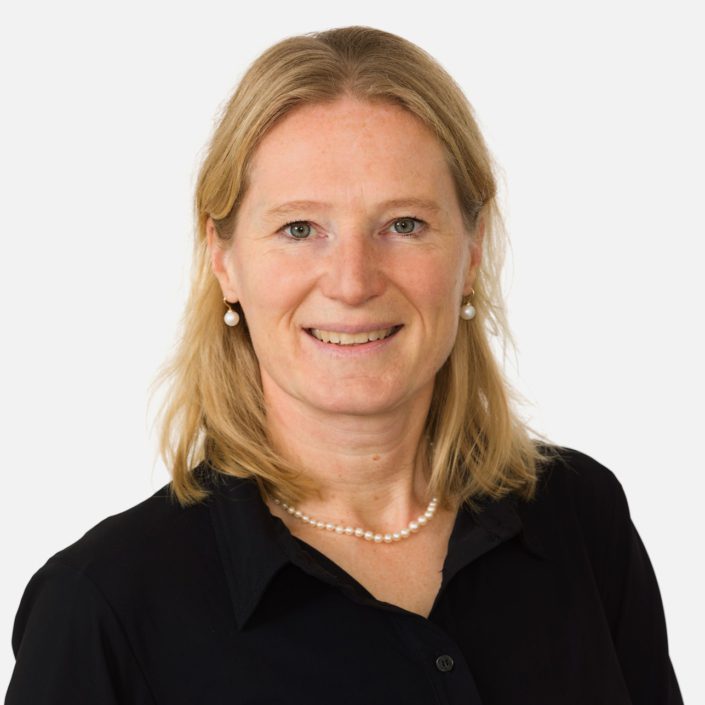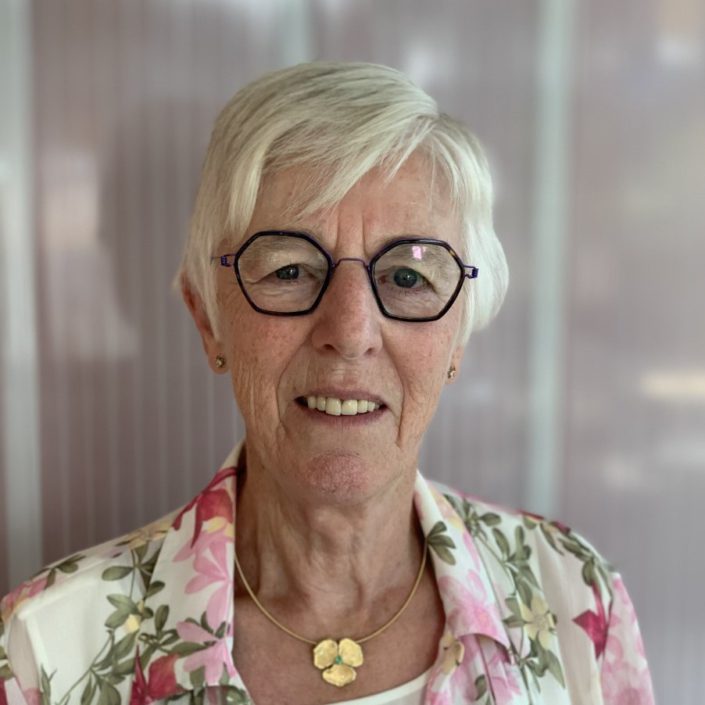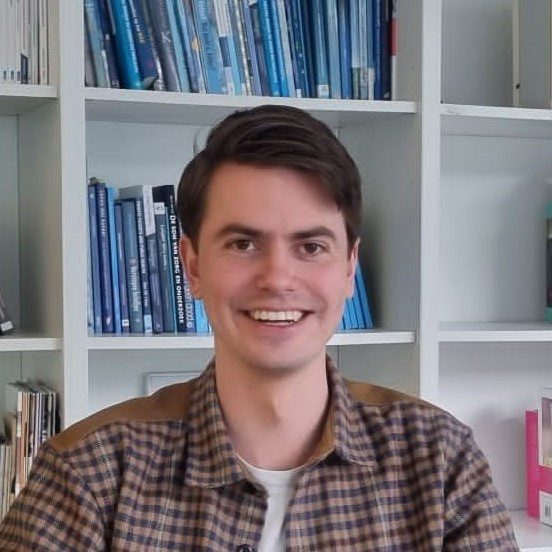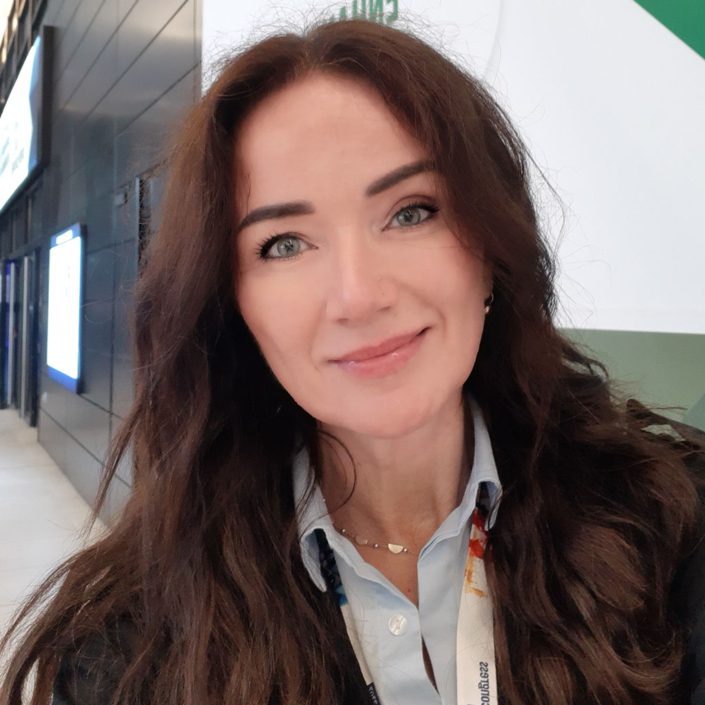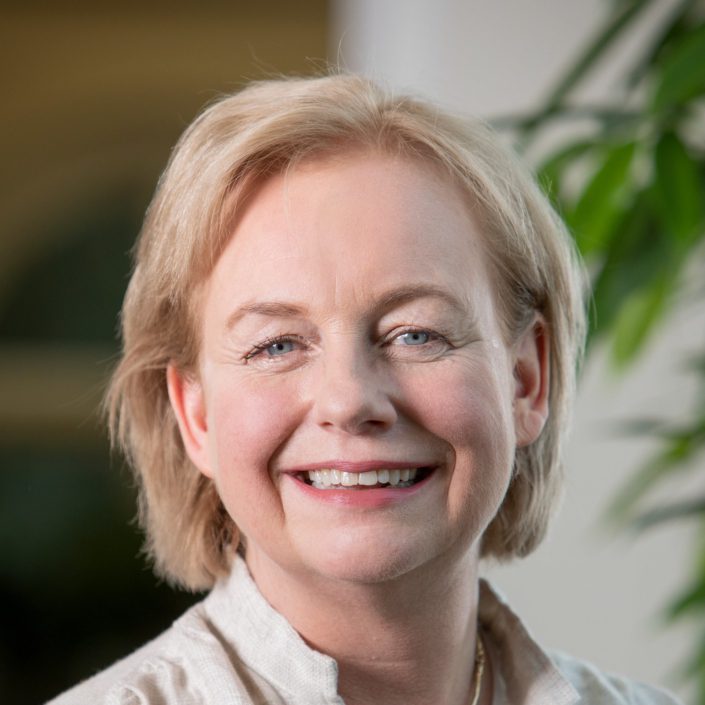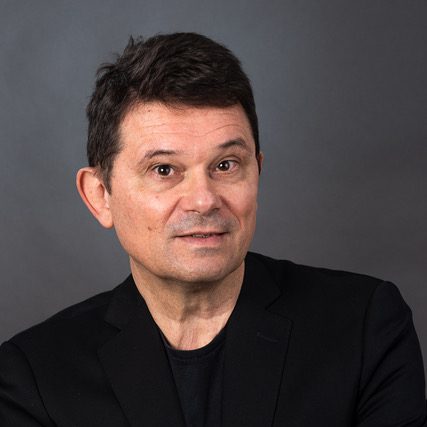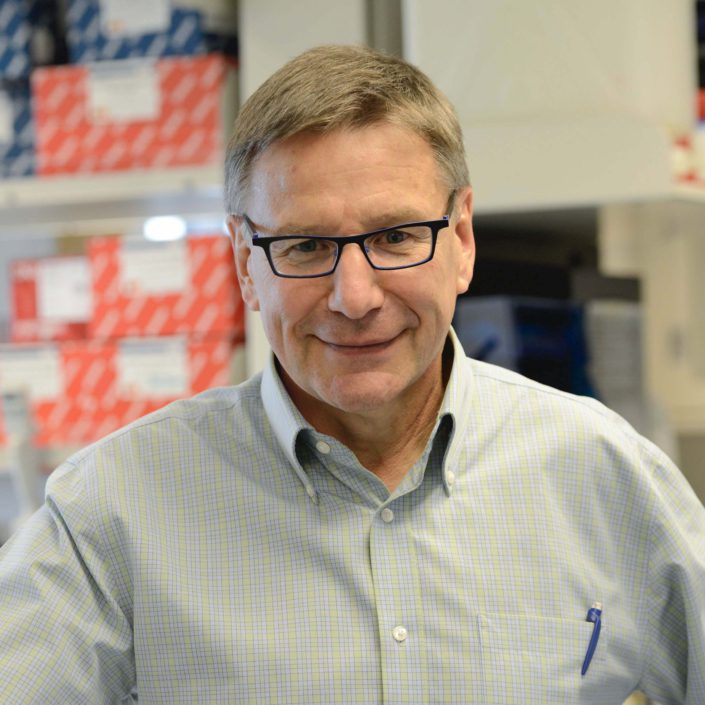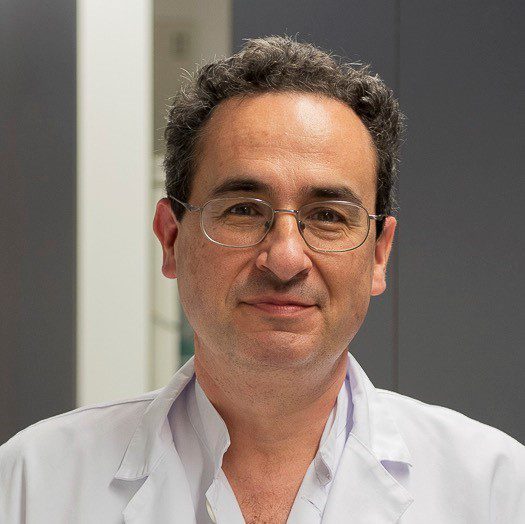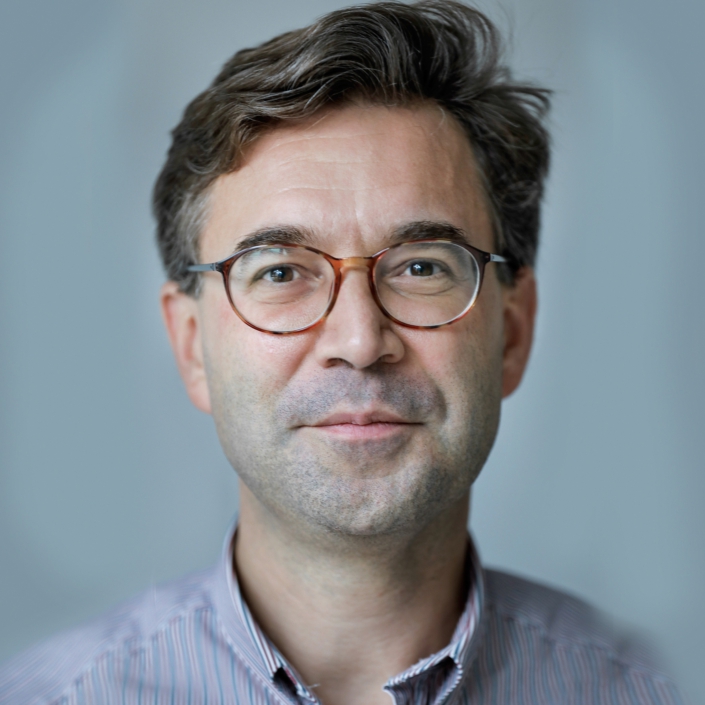Organisation
DARE-NL is a unique collaborative effort between all Dutch university medical centers, NKI-AVL, Princess Máxima Center, Sanquin and Utrecht University. The management team comprises project leaders Trudy Straetemans (UMC Utrecht), Harry Dolstra (Radboudumc), Edwin Bremer (UMC Groningen) and Inge Jedema (NKI-AVL).
The steering committee comprises representative renowned translational tumor immunologists and ATMP developers from all 11 centers. A Scientific Advisory Board with international renowned and leading scientists provides external advice on direction and progress of DARE-NL. DARE-NL is further supported by a Patient Advisory Board comprising representatives of Hematon, the Nederlandse Federatie van Kankerpatienten, Vereniging Kinderkanker Nederland and Stichting Melanoom.
DARE-NL is supported by a large team of scientists, pharmacists, clinicians, regulatory science, health economic and IP/business development experts from all member institutes in the different work packages. Many ATMP working groups, agencies, consortia, platforms and networks are represented or consulted by DARE-NL members. The combined expertise in academic development and production of ATMPs is crucial for DARE-NL to be successful.
We invite you to reach out if you would like to be involved in the DARE-NL infrastructure.
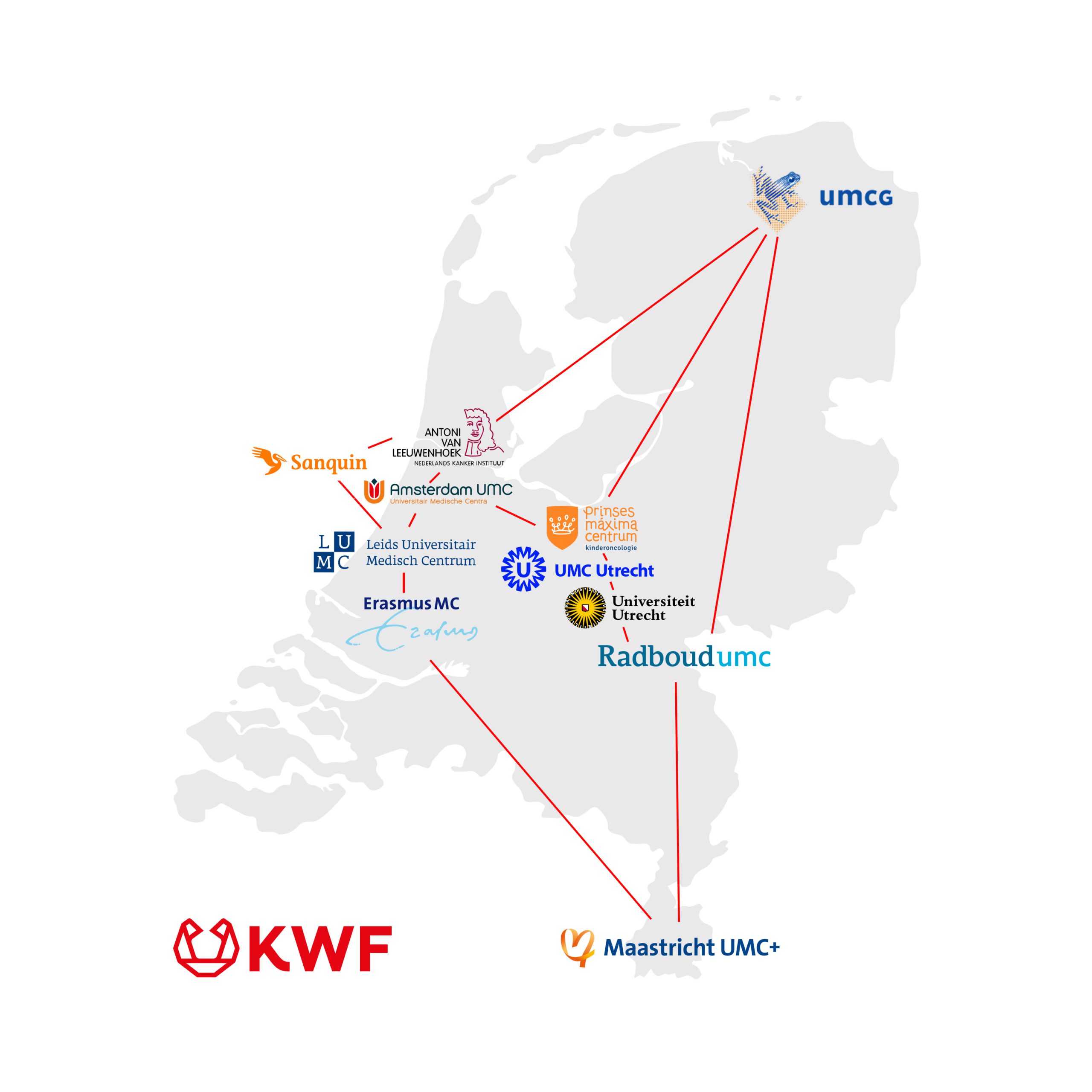
Management team
The management team consists of the initiators of DARE-NL and is responsible for the overall execution of the DARE-NL project. Their main tasks include monitoring the status of each work package against deliverable and milestone planning, risk assessment and contingency planning.
Project team
The project team is composed of the work package leaders and supported by the project manager. The work package leaders coordinate the daily activities in their work packages (see: Activities – DARE-NL). Responsibilities include the monitoring of technical, infrastructural and financial progression, and ensuring the realization of milestones. Specific responsibilities include the successful recruitment of personnel across participating institutions, work progress, decisions on mitigating measures and ensuring that the complimentary strength of the DARE-NL partners is optimally exploited.
WP1: Setup of DARE-NL data, training and valorisation platform
Lead: Emma de Pater, Erasmus Medical Center
In WP1, we will set-up an ICT infrastructure, an education program and a valorization strategy to make the platform sustainable. The ICT infrastructure will contain a website and dedicated environment in Zenya.
WP1 coordinators:
WP2: Harmonising GMP processes for the manufacturing of cancer-specific ATMPs
Lead: Trudy Straetemans, University Medical Center Utrecht
The aim of WP2 is to inventorize, harmonize and share commonly used procedures and protocols for the use of materials, suppliers, equipment and processes for ATMP production in a GMP cleanroom.
WP2 coordinators:
WP3: QC harmonization and assay development
Lead: Inge Jedema, NKI/AVL
The objective of WP3 is to set-up a harmonized framework for ATMP quality control.
WP3 coordinators:
WP4: Setup of a Dutch academic GMP vector manufacturing platform
Lead: Edwin Bremer, University Medical Center Groningen
The goal of WP4 is to establish a Dutch academic vector manufacturing platform that will facilitate and guide translation of preclinical research and early phase I/II clinical trials by providing centralized and streamlined EU-GMP compliant manufacturing capabilities.
WP4 coordinators:
WP5: Identification and implementation of new technologies for the development and GMP-compliant manufacturing of ATMPs
Lead: Harry Dolstra, Radboud University Medical Center
In WP5, we will set-up a knowledge exchange platform for new technologies in ATMP production and aim to develop roadmaps for manufacturing of GMP-grade key biologics to speedup efforts on novel ATMP technologies.
WP5 coordinators:
WP6: Regulation, health economics, health technology assessment and patient access
Lead: Pauline Meij, Leiden University Medical Center
In WP6, we will develop roadmaps for ATMP regulatory and reimbursement pathways, a cost tool and stakeholder sandbox, and stimulate expansion of patient access.
WP6 coordinators:
WP7: Project management
Lead: Trudy Straetemans, University Medical Center Utrecht
The project management is to ensure that the project’s objectives are met to the highest possible standards and to ensure everyone is enabled to complete their tasks in time.
WP7 coordinators:
Steering Committee
The steering committee oversees the strategic and technological development of DARE-NL. Each institute involved in DARE-NL is represented by one delegate in the steering committee. The steering committee facilitates communication between partners, monitors work package task progress, ensures full exploitation of consortium synergies and suggests adjustments as the landscape evolves both within and outside the infrastructure. The steering committee is the ultimate decision making body of DARE-NL.
Patient Advisory Board
Patient advocates have been involved in DARE-NL from the early discussions and setup into the organization and implementation of plans. A patient advisory board (PAB) with representatives from four patient organisations and a patient relations liaison has been established to represent the patient interests and meets at least three times a year. The project leader will also involve the PAB on an ad hoc basis to obtain advise on specific technical issues as well as strategic questions that arise during the project.
The goals of the patient advocate are:
- Optimal patient care
- Timely access to new treatments
- Influence on clinical trials and guidelines for treatment
- Information on scientific research and involvement in discussions about future developments
Based on these goals, the PAB contributes to DARE-NL in several key areas:
- Registries for Hospital Exemption and ATMP trials
Currently, a substantial number of ATMPs without market authorization are clinically used through a hospital exemption (HE). An HE is only possible for ATMP treatments on a non-routine basis, for an individual patient, and when no centrally authorized treatment or clinical trial is available. However, it is currently unclear which, and where, ATMPs are used by means of HE. Therefore, setting up an HE registry with all ongoing HE, would be a highly effective step for bringing innovative ATMPs closer to patients. Similarly, a registry specifically for (academical or commercial) oncological ATMPs that are currently undergoing clinical evaluation is not yet available. Such Dutch ATMP-trial registry, which should include a non-technical description, would be beneficial for patients that would be looking to join a trial that is recruiting (facilitating recruitment) and/or interested in state-of-the-art developments in cancer research. Both registries would be very useful tools for authorities and other stakeholders (such as KWF) as well, to evaluate the status of ATMP development in the Netherlands. The PAB will actively contribute to setting up these registries and they will design a dissemination strategy for informing their members. Whenever possible these registries will align with or use already existing registries or initiatives.
- Facilitate discussions with regulatory authorities
The PAB will be actively involved in the discussions with regulatory authorities with regard to market access (WP6.1), representing the interest of cancer patients and aiming to make promising ATMP drug candidates available for patients as soon as possible.
- Setup of HTA and clinical studies
While the setup of clinical studies is not part of the DARE-NL infrastructure, it is important to start with the design of such studies in an early stage, and involve all stakeholders as early as possible. The PAB will help ATMP researchers with the design of clinical studies, such as proper patient selection, in-and exclusion criteria, endpoints, and management of side effects. In parallel, the PAB will support with assessment and design of appropriate patient reported outcomes (PROs) for HTAs of ATMPs under development.
- Patient perspective on Dutch ATMP R&D strategy.
Finally, patient representatives will provide their perspective on the role of ATMPs in future anticancer therapy, outlining their vision on the research and development priorities for ATMPs for the coming 5 years. The goal of this vision is to ensure the generation of a range of new advanced therapeutics that are developed towards the needs of all cancer patients as much as possible.
Patient Participation Review Committee
Scientific Advisory Board
The Scientific Advisory Board (SAB) comprises four internationally recognized leads in oncological ATMP development and clinical implementation. The role of the SAB is to communicate external judgement on the efficiency and effectiveness of work undertaken to the management and project teams, to ensure that the consortium is exposed to a divergent alternative view and to ensure that the management processes are robust. The SAB provides feedback on the workplan, challenges and opportunities regarding freedom to operate, specific technical issues and strategic questions.
